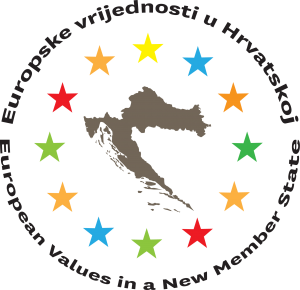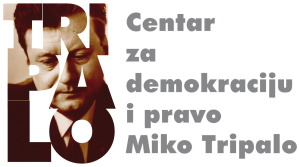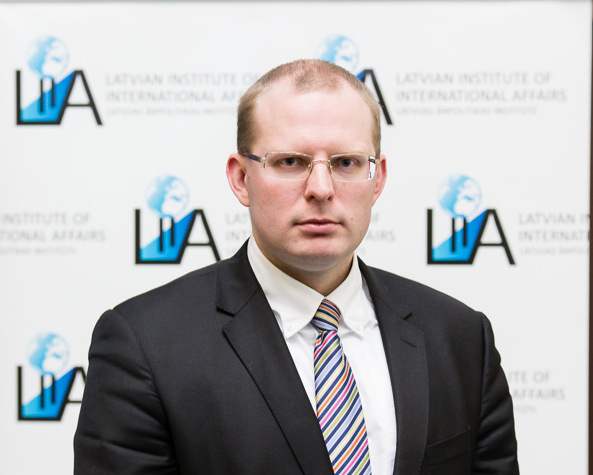Summary of Karlis Bukovskis presentation given during the roundtable Citizen’s Rights and Challenges to Democracy in Croatia (English and Croatian version):
The first part of the roundtable was opened by Karlis Bukovskis. In his speech he said that a member state can no longer be regarded as a new member of the European Union once it takes over the presidency of the Council of the European Union. This is a challenge that Croatia still has to take on and therefore it is the right time to launch a debate about European values and the manner in which Croatia will present itself to the EU. Bukovskis believes there are new trends on the social and political scene; he highlighted the rise of populism that is here to stay and is manifested through “catch-all” approach of politicians which eventually leads to the minimal role of political parties and practical ideas. He said that voters are looking for “entertainment” and according to that principle, they elect decision makers. He defined Nigel Farage as eurosceptic but believes Viktor Orban is not one, because of the way he exploits the benefits of Hungarian membership in the EU. He differentiated politicians into federalists and intergovernmentalists. Federalists advocate for stronger European and international integration, and intergovernmentalists want a more important role of the national structures. He stated that there is an increasing number of intergovernmentalists in Latvia, but also in Europe, as shown by the results of Brexit referendum.
Prvi dio okruglog stola otvorio je Karlis Bukovskis. U svome izlaganju ustvrdio je da se država više ne može smatrati novom članicom Europske unije u trenutku kada preuzme predsjedanje Vijećem Europske unije. To je izazov koji tek čeka Hrvatsku i zato je pravo vrijeme da se pokrene rasprava o europskim vrijednostima i načinu na koji će se Hrvatska prezentirati EU. Bukovskis smatra da se na društvenoj i političkoj sceni pojavljuju novi trendovi; ističe porast populizma koji je tu da ostane te se manifestira kroz „catch all“ pristup političara što na kraju dovodi do minimiziranja uloge političkih stranka i praktičnih ideja. Glasači traže „entertainment“ i u skladu s time biraju donositelje odluka. Kao primjere navodi Nigela Faragea, kojega definira kao euroskeptika i Viktora Orbana koji nije euroskeptik jer smislenim načinom iskorištava prednosti članstva Mađarske u EU. Današnje političare diferencira na federaliste i intergovernmentaliste. Federalisti se zalažu za jačanje europskih i međunarodnih integracija, a intergovernmentalisti se tome protive te žele važniju ulogu nacionalnih struktura. Navodi da je u Latviji prisutan porast intergovernmentalista, ali i u Europi čemu svjedoče rezultati referenduma o Brexitu.



